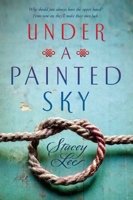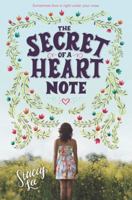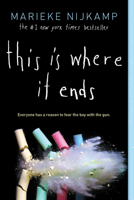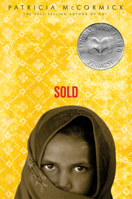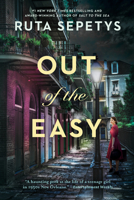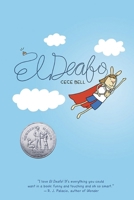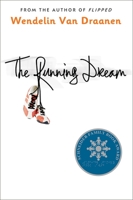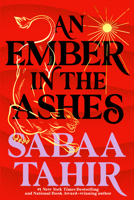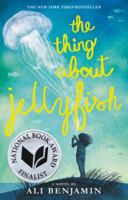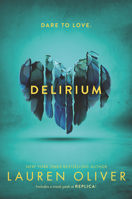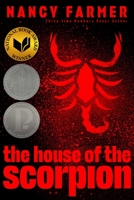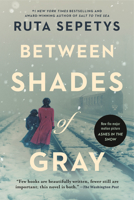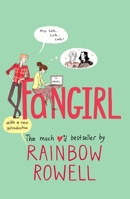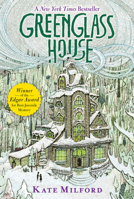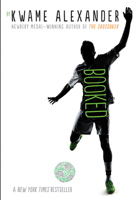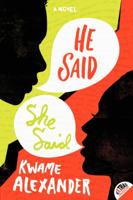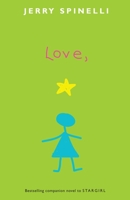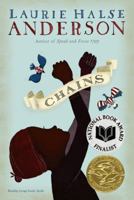Outrun the Moon
Select Format
Select Condition 
Book Overview
From the author of the critically acclaimed Under a Painted Sky, an unforgettable story of determination set against a backdrop of devastating tragedy. Perfect for fans of Code Name Verity . Winner of the PEN Center USA Literary Award for Young Adult Winner of the Asian/Pacific American Award for Literature San Francisco, 1906: Fifteen-year-old Mercy Wong is determined to break from the poverty of Chinatown, and an education at St. Clare's School for Girls is her best hope. Although St. Clare's is off-limits to all but the wealthiest white girls, Mercy gains admittance through a mix of cunning and a little bribery, only to discover that getting in was the easiest part. Not to be undone by a bunch of spoiled heiresses, Mercy stands strong--until disaster strikes. On April 18, a historic earthquake rocks San Francisco, destroying Mercy's home and school. Now she's forced to wait with her classmates for their families in a temporary park encampment. Though fires might rage, and the city may be in shambles, Mercy can't sit by while they wait for the army to bring help--she still has the "bossy" cheeks that mark her as someone who gets things done. But what can one teenage girl do to heal so many suffering in her broken city? Stacey Lee masterfully crafts another remarkable novel set against a unique historical backdrop. Strong-willed Mercy Wong leads a cast of diverse characters in this extraordinary tale of survival.
Format:Paperback
Language:English
ISBN:0199536945
ISBN13:9780199536948
Release Date:October 2008
Publisher:Oxford University Press
Length:480 Pages
Weight:0.77 lbs.
Dimensions:1.0" x 5.0" x 7.6"
Related Subjects
Classics Contemporary Fiction History & Criticism Literary Literature & Fiction Short StoriesYou Might Also Enjoy
Customer Reviews
6 customer ratings | 5 reviews
There are currently no reviews. Be the first to review this work.













